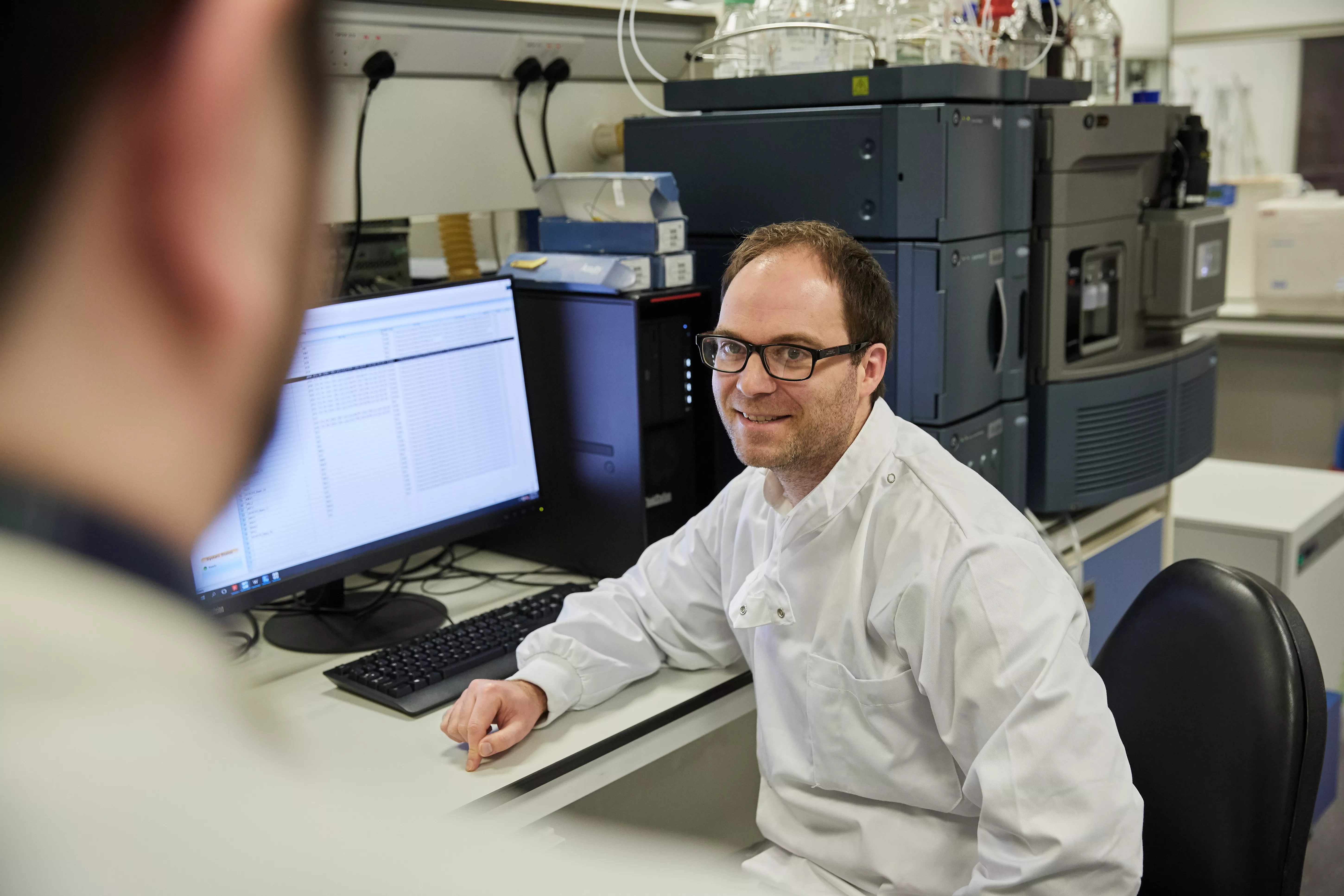
New research from RD Lawrence Fellow Dr Lee Roberts reveals more about how the body burns fat, which in the future could pave the way for new therapies to protect against obesity and type 2 diabetes.
There are different types of fat cells in the body. White fat cells store energy as fat, while brown fat cells regulate body temperature by “burning” stored fats, helping us to keep warm. A third type of fat cell, beige fat, can act as both white fat cells and brown fat cells. Beige fat is thought to help maintain a healthy metabolism, which is important for the prevention of type 2 diabetes.
RD Lawrence Fellow Dr Lee Roberts has been researching how these different types of fat cells release messages in the form of small molecules called metabolites, to "talk" to other organs and alter metabolism across the entire body.
Dr Roberts found out that a group of metabolites released from beige and brown fat cells send messages to fat and muscle tissues to tell them to increase the amount of fat they burn. This research was published in the journal Nature Communications. Dr Roberts found that increasing levels of these metabolites in obese and diabetic mice resulted in weight loss and improved blood sugar and insulin levels.
With over four million people in the UK living with type 2 diabetes and 12.3 million at increased risk, it is hoped that this research will lead to studies on the effects of these metabolites in people, and eventually new ways to prevent type 2 diabetes.
Dr Roberts, who is Associate Professor of Molecular Physiology and Metabolism in Leeds’ School of Medicine, said:
“Although this research is at an early stage, discovery of the way metabolite signals communicate to fat and muscle tissue to increase fat burning may form the basis of new therapies or therapeutic approaches for obesity and the prevention of type 2 diabetes.”
Anna Morris, Assistant Director of Research at Diabetes UK, said:
“We’re excited to see the results of Dr Robert’s innovative research, which we hope will pave the way for the development of new ways to prevent and manage type 2 diabetes. As the number of people affected by type 2 diabetes grows, our research funding is more crucial than ever if we want to discover new, innovative ways to treat the condition.”
